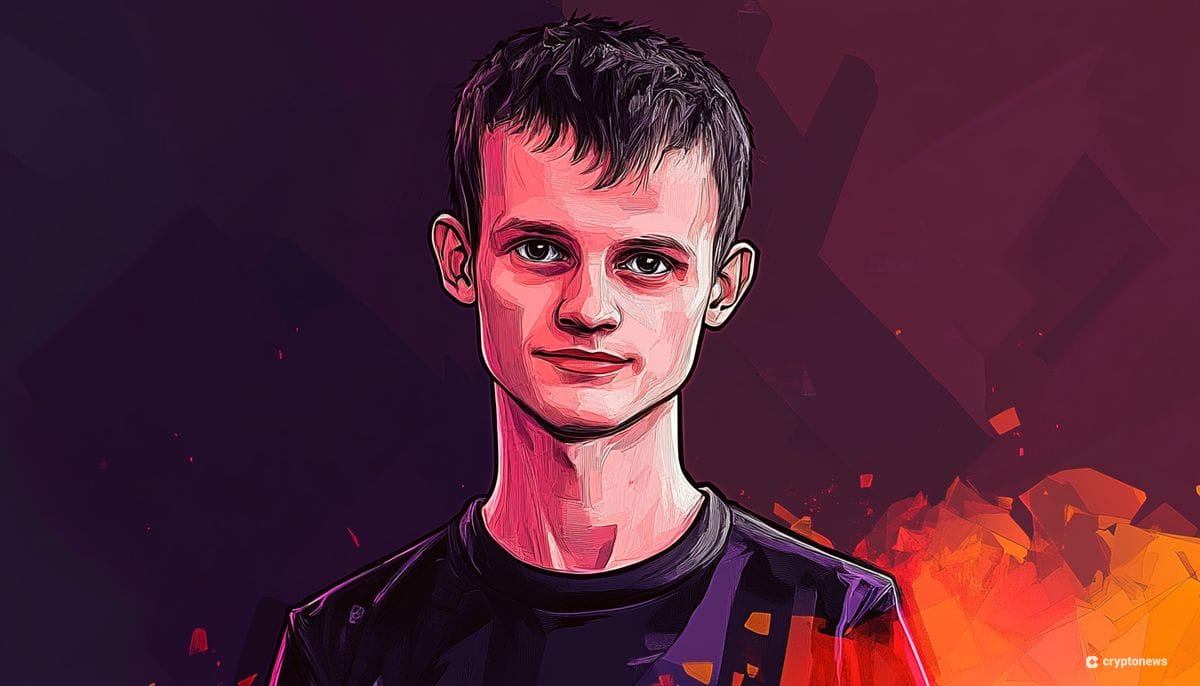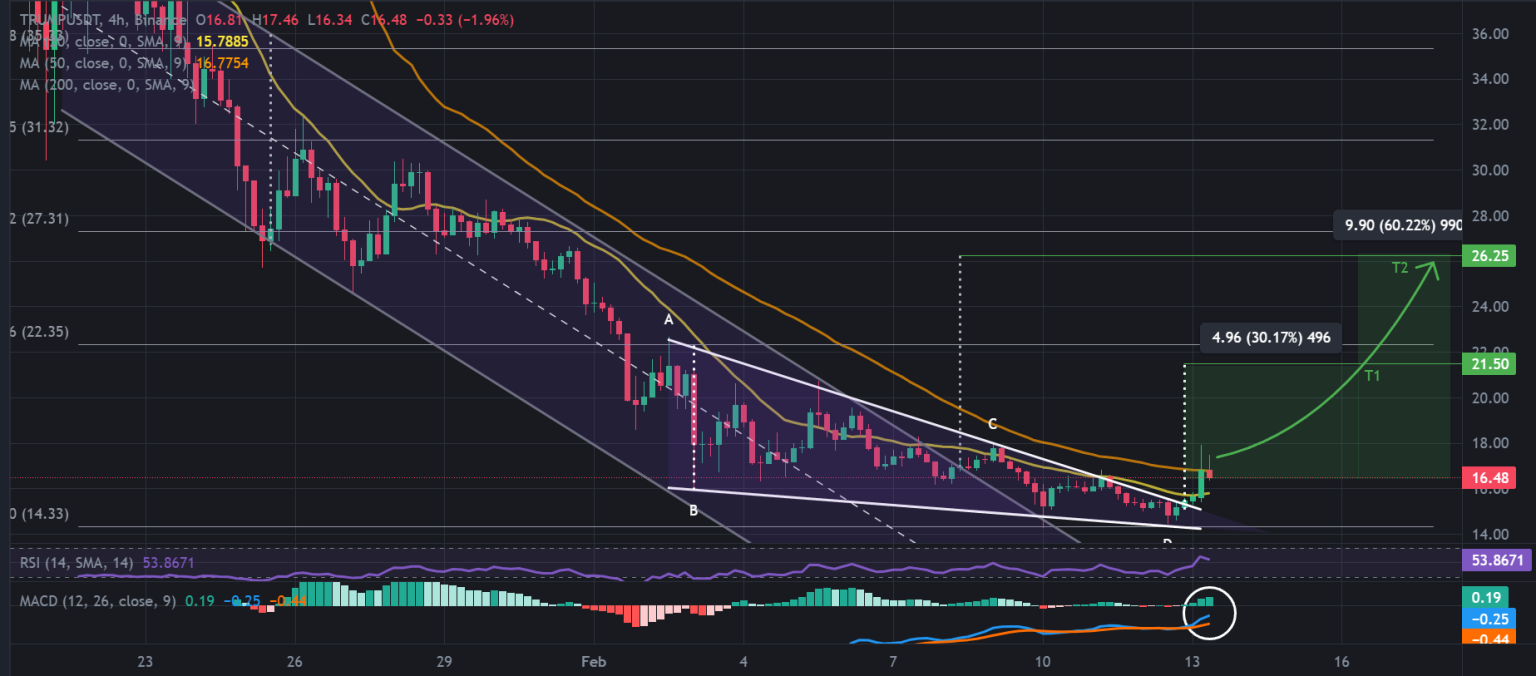Last updated:
 Why Trust Cryptonews
Why Trust Cryptonews

Vitalik Buterin, the co-founder of Ethereum, recently donated proceeds from selling animal-themed meme coins to charity, adding to his history of using crypto for charity and humanitarian causes.
This act follows his significant donation in October 2023, where he contributed $5 million in Ethereum (ETH) to support Ukraine during its conflict with Russia.
The community has commended him and expressed their sincere opinions that Buterin’s actions reflect a consistent dedication to using his wealth and influence to impact global issues positively.
Buterin Donated Over $500K to Charity
As appeared in a series of tweets, Buterin sold 40 ETH worth of Neirodog tokens, worth approximately $533K, an animal-themed meme coin, and directed the proceeds to charity.
The donation was announced by the Neiro community via Twitter, expressing gratitude for Buterin’s generosity.
Buterin commented on the donation, emphasizing his preference for direct charity allocations and suggesting that the crypto space explore more sophisticated methods of funding public goods.
This donation aligns with Buterin’s broader vision for using cryptocurrency to support meaningful causes.
In a link shared in his tweet, Buterin pointed to an article he wrote titled “What else could memecoins be?”
In the article, he explores the potential of meme coins to contribute to charitable causes, reflecting on past experiences where tokens were successfully repurposed for philanthropy.
Buterin’s latest donation seems to be a practical application of this idea. He clearly demonstrated how even niche digital assets can be harnessed for the greater good.
Vitalik Buterin’s Philanthropic Reputation
Buterin’s donation of animal-themed meme coins is the latest in a series of charitable contributions he has made using cryptocurrency.
In October 2023, Buterin donated $5 million in ETH, which was split between the Ukrainian government and the Unchain Fund, a charity that provides humanitarian aid to Ukrainian citizens.
This donation came during a critical time in the ongoing conflict between Ukraine and Russia. Buterin’s support was seen as a strong stance against aggression and a commitment to democratic values.
The October donation was particularly notable for its discretion. Buterin did not publicize the act, and the Ukrainian government revealed the contribution.
This reflects Buterin’s consistent approach to philanthropy — which focuses on impact rather than recognition.
As a Russia-born Canadian who has publicly criticized Russian President Vladimir Putin, Buterin’s donation to Ukraine was more than just financial support; it was a symbolic gesture aligning his technological innovations with his values.
Buterin’s notes under the tweet also expressed how cryptocurrency can support various causes, from humanitarian aid in conflict zones to more niche philanthropic efforts involving memecoins.
His continued advocacy for using digital assets for public goods suggests that the future of philanthropy could see more innovative and decentralized approaches, with blockchain technology playing a central role.
The connection between Buterin’s past donations and his recent charity work with memecoins has undoubtedly inspired a coherent vision in the community where all forms of digital currency can contribute to societal well-being.
This approach could inspire other figures in the crypto space to consider how their assets—regardless of their origin—can be repurposed for positive impact.
His call for more sophisticated methods of funding public goods could lead to the development of new blockchain-based platforms and tools to make it easier for individuals and organizations to support causes they care about.




